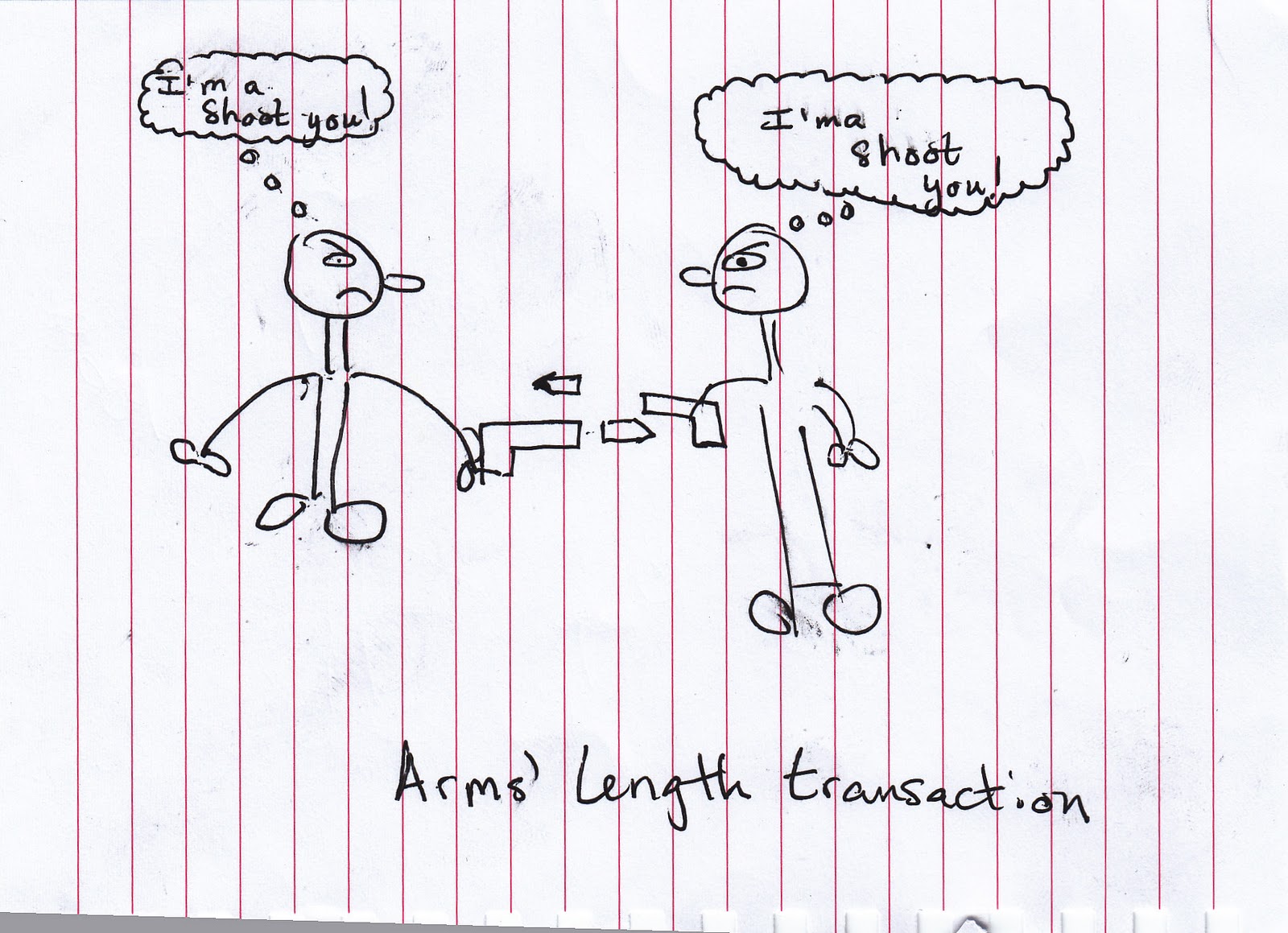

If this were to occur, it would result in a net worth deficit for that quarter. However, any net loss we experience in the future could be greater than the amount of our capital reserves. Once we are able to rebuild our capital reserves to $3.0 billion, they will provide a buffer in the event of a net loss in a future quarter. Pursuant to the December 2017 letter agreement described in “Treasury Draws and Dividend Payments” below, we are now permitted to retain up to $3.0 billion in future earnings as capital reserves. Because we had a net worth deficit as of December 31, 2017, we have no remaining capital reserves as of that date. The potential for significant volatility in our financial results could result in a net loss in a future quarter. For additional information on the conservatorship, the uncertainty of our future, our agreements with Treasury, and recent actions and statements relating to housing finance reform by the Administration, Congress and FHFA, see “Conservatorship and Treasury Agreements,” “Legislation and Regulation” and “Risk Factors.” Our agreements with Treasury also include covenants that significantly restrict our business activities. As a result of our agreements with the U.S. Department of the Treasury (“Treasury”) and directives from our conservator, we are not permitted to retain more than $3.0 billion in capital reserves or to pay dividends or other distributions to stockholders other than Treasury. Congress continues to consider options for reform of the housing finance system, including Fannie Mae. We do not know when or how the conservatorship will terminate, what further changes to our business will be made during or following conservatorship, what form we will have and what ownership interest, if any, our current common and preferred stockholders will hold in us after the conservatorship is terminated or whether we will continue to exist following conservatorship.

Special arrangements could include money, kickbacks, gifts, and/or understandings to move back in or stay in the property.Our conservatorship has no specified termination date. “Furthermore, it says that there are no hidden terms or special arrangements between the buyer and seller, or their agents. “The affidavit states that no party shares a business interest with the mortgagee,” says Terrylynn Fisher, an agent in Walnut Creek, CA.

Usually, an affidavit is drawn up to document these details in writing. What to remember in non–arm’s-length transactionįirst and foremost, both the seller and the buyer will be expected to be upfront and honest about the nature of their relationship. Just to be clear: In and of itself, a non-arm’s length transaction is not illegal, nor is it necessarily a bad idea. Be sure to consult a tax professional, because the sale will be taxed differently depending on whether the transaction is considered a gift, like-kind exchange, or capital gain. On a personal level, a non-arm’s length transaction can have significant tax implications for both the buyer and seller.


 0 kommentar(er)
0 kommentar(er)
